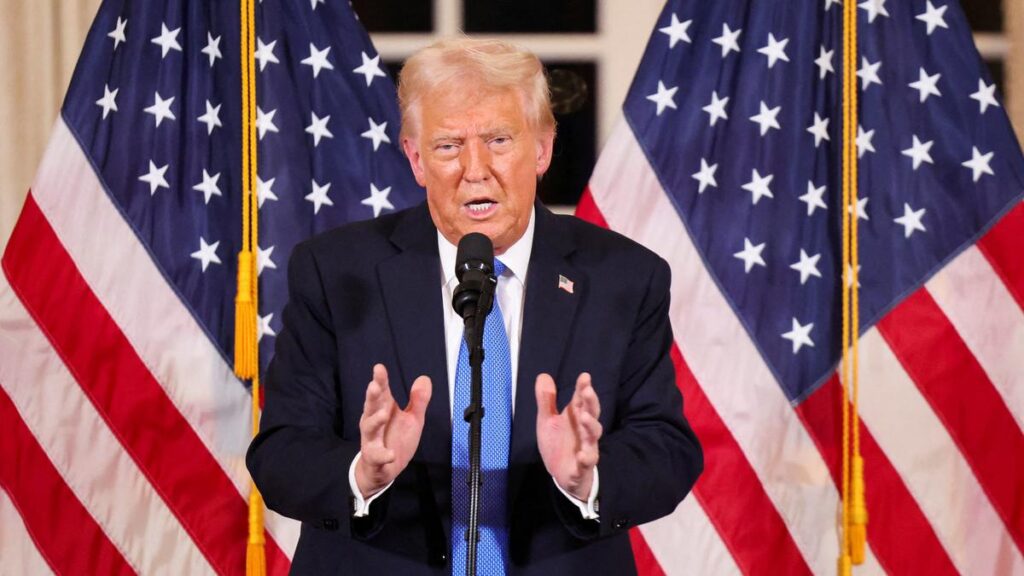The White House has sharply criticized the United Kingdom following a narrow vote in the House of Commons to support a controversial assisted dying bill. In an unprecedented intervention, the U.S. Bureau of Democracy, Human Rights and Labour, under the Trump administration, condemned the proposed legislation as “state-sponsored suicide,” sparking diplomatic tension between the two longstanding allies.
The proposed law, which recently cleared its second reading by a 23-vote majority (314 to 291), would allow terminally ill adults in England and Wales to legally end their lives under specific, regulated conditions. It applies to individuals over the age of 18 who have been registered with a GP for at least 12 months, possess the mental capacity to make the decision free from coercion, and are expected to die within six months.
Read Also: Assisted dying bill sparks controversy over mental health inclusion
In a public statement, the U.S. bureau said, “As the UK Parliament considers support for state-subsidised suicide, euphemistically called a Bill for ‘terminally ill adults,’ the United States reaffirms the sanctity of life. The Western world should stand for life, vitality and hope over surrender and death.”
The declaration reportedly caught Downing Street by surprise, as the U.S. Secretary of State Marco Rubio had made no mention of the issue during his recent diplomatic meeting with British Foreign Secretary David Lammy. The intervention highlights what many observers describe as the Trump administration’s growing tendency to weigh in on UK domestic affairs, particularly issues with ethical, religious, or cultural implications.
While the legislation still faces scrutiny in the House of Lords, its supporters—including Labour leader and Prime Minister Sir Keir Starmer—have pledged to ensure its eventual implementation. Speaking from The Hague, Starmer said, “It is my responsibility to make sure the Bill is workable, and that means workable in all its aspects. I’m confident we’ve done that preparation.”
Despite the outrage from Washington, it’s notable that twelve U.S. jurisdictions, including Washington, D.C., already allow assisted dying under similar conditions. However, figures close to former President Donald Trump, such as Supreme Court Justices Neil Gorsuch and Brett Kavanaugh, are known opponents of the practice.
The reaction has drawn mixed responses within the UK. Sir John Hayes, chair of the Conservative Party’s Common Sense Group, said he agreed with the White House’s position but expressed concern over the diplomatic implications. “It is unusual for our closest ally to become involved in issues around the legislative detail of what goes on in Parliament,” he stated.
The intervention follows recent U.S. engagement with British pro-life and free speech advocates. A five-member delegation from the U.S. recently met with campaigners in the UK, raising concerns over Britain’s Online Safety Act and its perceived impact on freedom of expression.
As the assisted dying bill advances, the debate appears far from over—not just in Britain’s Parliament, but across international political lines.



